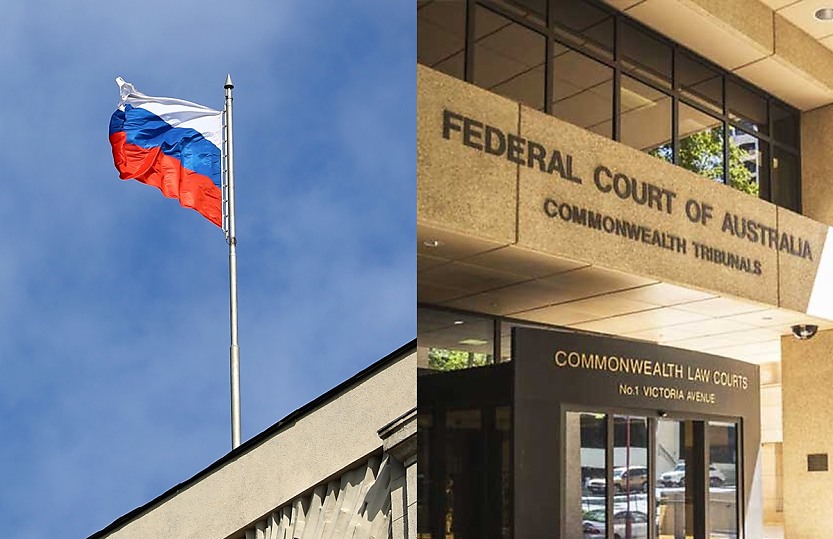Russian couple’s tax bill upheld after $1.6m found in covert ATO audit

A husband and wife challenged default assessments in the AAT and Federal Court claiming unexplained bank transfers were “truly gifts” from overseas family and friends.
The Federal Court has upheld tax assessments against a Russian couple after an ATO covert audit discovered over $1.6 million in unexplained bank deposits.
In a judgment on Thursday, Justice Kylie Downes said Maxim Rusanov and Liudmila Rusanova failed to prove that the deposits were “truly gifts” instead of taxable income.
The dispute was triggered by a 2017 covert audit where the ATO analysed bank account statements and attributed taxable income to the couple based on unexplained transfers.
The couple, who had not lodged tax returns for several years, claimed the deposits were loans from a friend and “truly gifts” from Rusanova's Russia-based father Vladimir Rusanov – who sent over $1.6 million between 2012 and 2014.
They objected to the ATO’s default assessments in 2019, which the Commissioner partially allowed. But assessments issued between 2011 and 2016 were unsuccessfully challenged in the AAT.
In the Federal Court, the Rusanovs used the ATO’s guidelines on documenting gifts or loans from overseas entities to argue they were compliant with section 14ZZK of the Tax Administration Act 1953.
They also argued that if the ATO could not challenge the authenticity of their bank statements, “authenticity should be assumed”.
However, the Federal Court said the ATO’s guidelines were not prescriptive and merely provided a list of documents that could support a transfer’s characterisation as a gift or loan.
“As the guidelines themselves make clear, however, the Commissioner can form a view based on all available evidence and may make further inquiries. Similarly, the guidelines did not fetter the tribunal’s ability to assess the evidence and form its own conclusions,” Justice Downes said.
She also said the Rusanovs’ argument that the unexplained transactions should be assumed as authentic was “misconceived” as authenticity was not in issue.
“It is the characterisation of the transactions recorded in the documents which was in dispute before the tribunal, with the overarching question being whether the evidence adduced by the applicants was sufficient to discharge the burden imposed by section 14ZZK.”
In another ground of appeal, the couple claimed it was “unreasonable” for the AAT to conclude it was not satisfied loans from Rusanov were not remuneration or made in connection with business activities.
But Justice Downes said findings from the tribunal supported its conclusion.
These included the applicants’ lack of supporting evidence, and the fact Maxim Rusanov was a director of several Australian companies, was involved in his father-in-law’s wholesaled seafood business and had access to “significant funds”.
“The threshold for legal unreasonableness is very high, and it has not been met in this case in circumstances where (with respect) the decision provides an intelligible justification for the result.”
She also found that there was no breach of procedural fairness, as the Rusanovs alleged, because “as the Commissioner was not running a positive case but was putting the applicants to proof”, dismissing the Rusanov’s appeal with costs and affirming the AAT’s original ruling.
About the author

